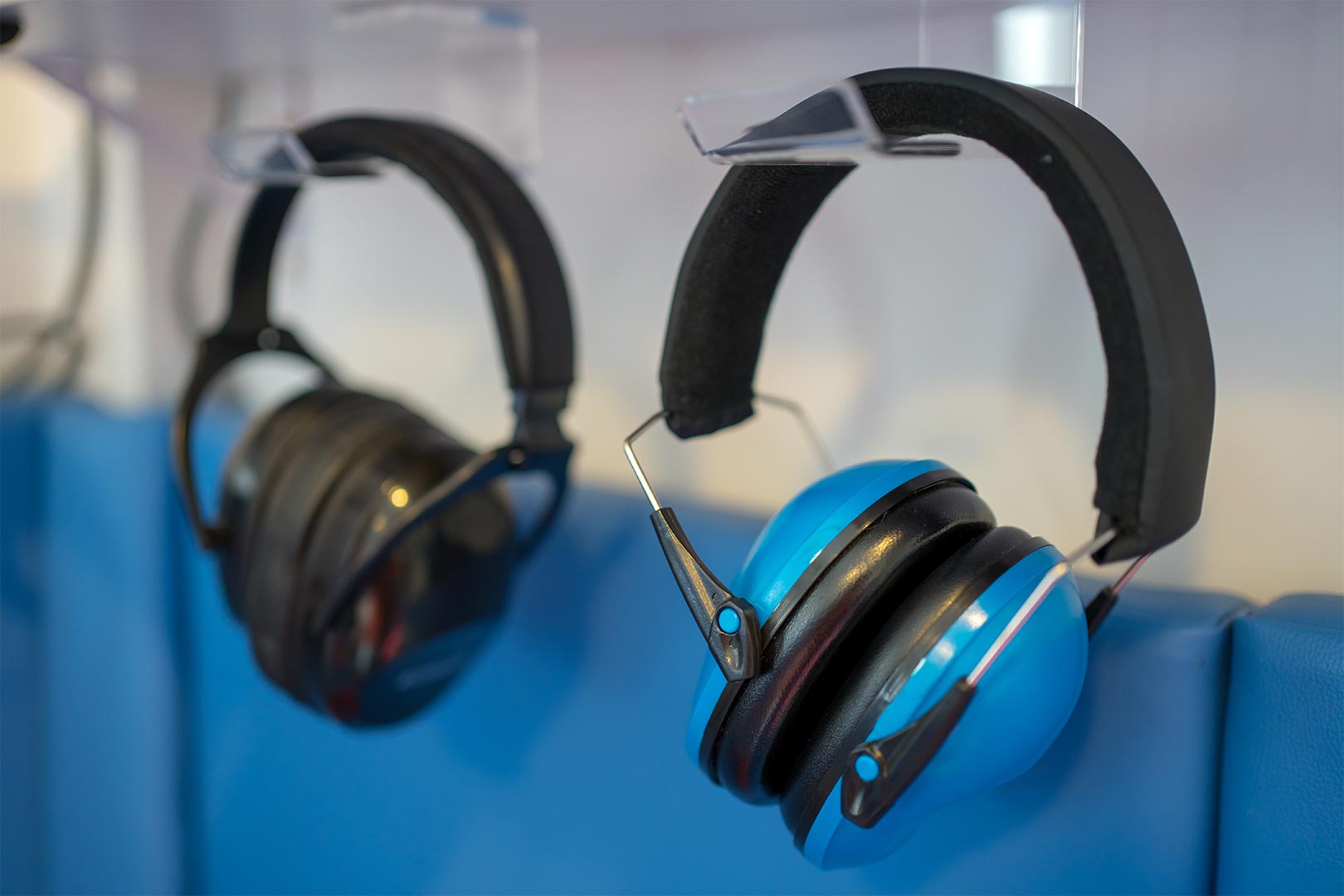For students with Autism Spectrum Disorder (ASD), navigating the often-overwhelming world of sound can be a significant challenge. Auditory processing difficulties, heightened sensitivity to specific sounds, and difficulties filtering out background noise can lead to sensory overload, impacting attention, focus, and overall well-being. This is where noise-canceling headphones (NCHs) emerge as a potential tool for creating a more supportive and productive learning environment.
The Science Behind the Silence:
NCHs function by emitting sound waves that actively cancel out external noise. This can significantly reduce the decibel level reaching the ears, creating a more controlled and predictable auditory environment. Studies have shown that NCHs can be effective in reducing stress, improving concentration, and enhancing learning outcomes for students with ASD.
Benefits Beyond the Classroom:
The potential benefits of NCHs extend beyond the classroom walls. Reducing background noise during homework sessions, travel, or social situations can provide students with ASD with a sense of calm and control, enabling them to engage more fully with their surroundings. Additionally, NCHs can be used to listen to calming music or audiobooks, further promoting relaxation and focus.
Considerations for Effective Use:
While NCHs hold promise, it’s crucial to approach their use with thoughtful consideration. Individual preferences and needs vary greatly among students with ASD. Some may find the complete silence created by NCHs overwhelming, while others may benefit significantly from the reduced noise. It’s important to involve both the student and their educators in the decision-making process, ensuring that NCHs are used as a tool for support, not isolation.
Open communication and collaboration between educators, parents, and students are essential for ensuring the effective and appropriate use of NCHs. Monitoring student behavior and engagement can help identify whether NCHs are promoting focus or hindering communication and social interaction.
While NCHs are not a magic solution for all students with ASD, their potential to create a more supportive and focused learning environment is undeniable. Through careful consideration, responsible use, and ongoing collaboration, NCHs can become valuable tools for promoting academic success and overall well-being for students with ASD.





Leave A Comment